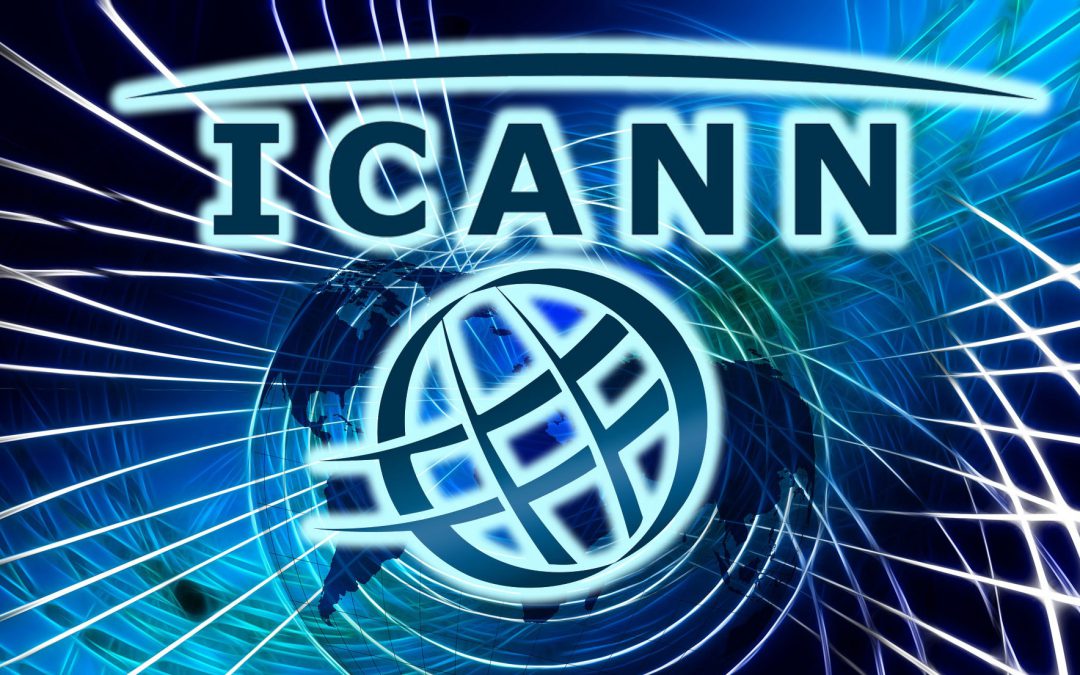A quiet, but potentially revolutionary change is coming to the way the global computer network is run. In a way, this change is much like that when iPv6 was adopted. The modifications are technical, with lots of complicated entities with names made out of initials involved, and if it works right, users will never even notice. Yet, like the new addressing system of iPv6, the change will subtly but fundamentally alter the way the internet operates.
On 1 October, 2016, the Internet Corporation for Assigned Names and Numbers (ICANN), a California-based nonprofit that manages several vital databases essential to the running of the global domain name system, will no longer be under US control but ceded to the global community. Its functions include Internet Protocol (IP) address space allocation (both iPv4 and iPv6), various Top-Level Domain name system management, and it authorizes registrars and assigns names. In other words, it’s basically responsible for keeping the address system of the internet humming along.
Since its inception in 1998, ICANN has been somewhat controversial, and its workings shrouded in mystery. But it has kept the whole thing running somehow, and now it will be transferred from the oversight of the US Department of Commerce to the global community. However, the transition is not without opposition, especially by conservatives. Sen. Ted Cruz is leading the fight against the change, claiming that unless Congress “saves the internet” by refusing to cede control, the transfer could lead to a less transparent and accountable system which authoritarian governments might have more influence over.
ICANN denies any such danger to internet freedom, by censorship or anything else. They point out that their bailiwick is purely technical, with no influence on content. They admit that countries can already do what they want in their own sovereign realms, but the move is hoped to actually increase internet freedom around the world. They claim their inclusion of many “stakeholders” – a wide range of entities with vital interests – will prevent being taken over or gamed by authoritarian or other regimes. The only alternative for international governance would be to grant these functions to the tender care of the United Nations, which would be much more prone to manipulation by dictators.
For it is undeniable that many foreign powers have been uncomfortable with the United States’ role in running what is, after all, its own creation. It is hoped that by including not just governments, but groups from business, academia, civil society, and the technical community, all voices will have a chance to be heard and a harmonious balance will be maintained. However, the challenges this new world order will face are severe and growing.
First of all, defensive walls are being built all over the world. There’s the Great Firewall of China, but other regimes are silently building their own and implementing surveillance. Even the United Kingdom’s GCHQ, which already closely monitors the internet in conjunction with the US NSA, is planning it’s own UK-wide firewall. The dream of a transparent, readily-accessible global medium is slowly being buried by short-sighted greed and fear.
Secondly, there are very good reasons for this. The NSA and other intelligence agencies attempts to spy on everyone has led to undeclared cyberwars already happening around the world, while criminal gangs now have hacking abilities that rival them. Faced with international terrorism, governments are desperate to monitor their citizens online just as corporations lust after their data. The global network is now in danger of preying on itself.
Hopefully, more cooperating voices, more helping hands, will help stabilize things. As has been pointed out here many times, the internet runs on trust. Without that, it falls apart; and it has become too important to world peace and prosperity for us to allow that to happen.

